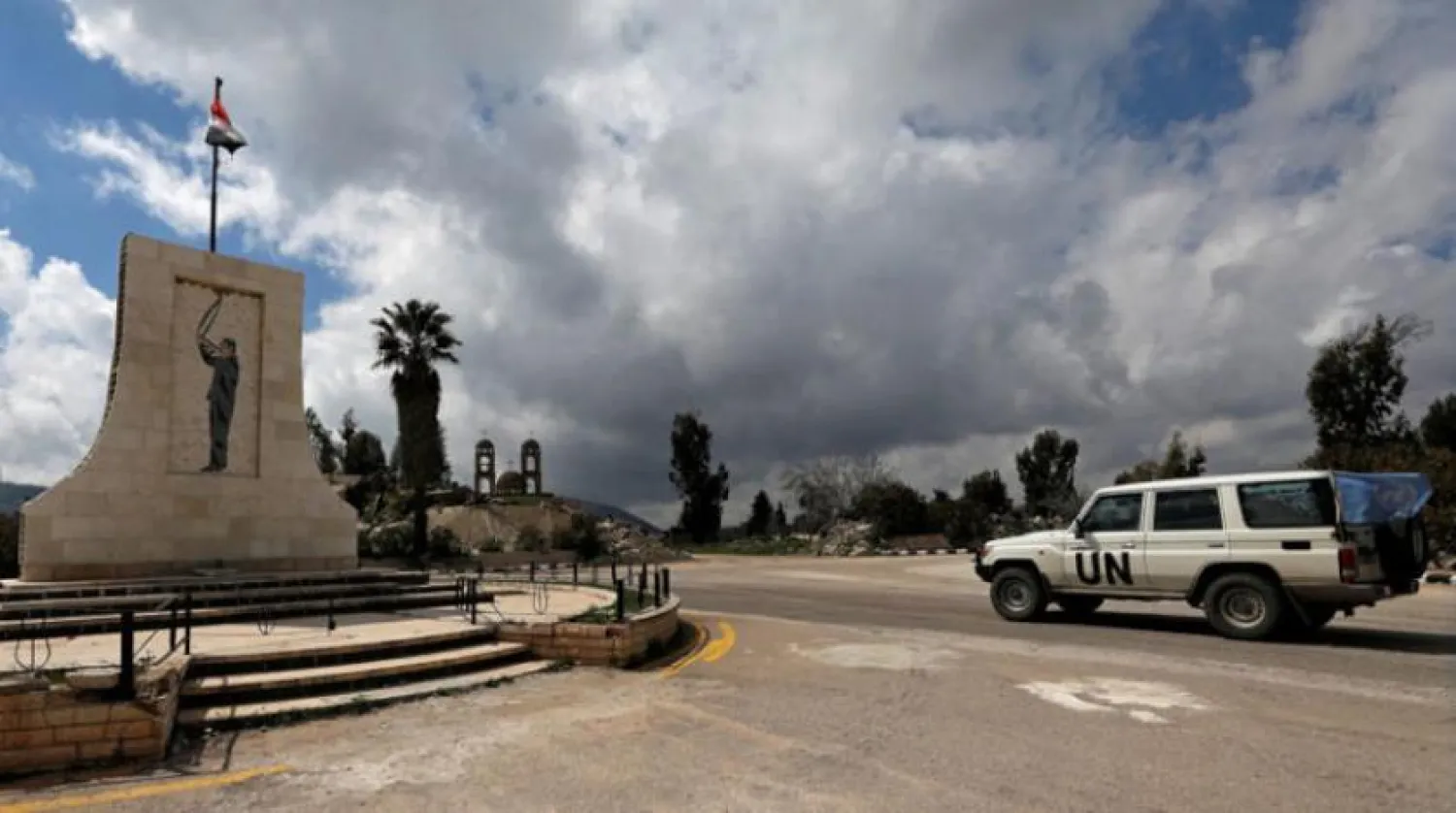A Russian military statement said that civil aviation over the Syrian airspace prevented regime forces from confronting Israeli raids on sites near Palmyra a few days ago.
Experts in Moscow have warned of the increased risk of Israeli offenses over Syrian territory.
The subject is likely to figure high on the list of topics Russian President Vladimir Putin will discuss in his meeting with Israeli Prime Minister Naftali Bennett next week.
"On October 13, from 23:35 to 23:39, four F-16 tactical fighters of the Israeli Air Force entered Syrian airspace in the US-occupied al-Tanf zone in Homs Province and struck a phosphate ore processing plant in the Palmyra region," Rear Admiral Vadim Kulit, deputy head of the Russian Center for the Reconciliation of Warring Parties in Syria, said at a briefing.
Kulit said the Syrian military, however, decided not to target the Israeli jets that carried out the strike in central Syria because there were two civilian airliners in the sky at the time.
"The Syrian military leadership decided not to use air defense systems, since at the time of the Israeli aviation attack, two civilian passenger aircraft were in the zone of destruction of the anti-aircraft systems," Kulit said.
This is the first time that the Russian army clarifies details about the reasons for the failure to respond to the Israeli raids. Over recent weeks, the Russian Ministry of Defense had issued several statements on the success of Russian-backed Syrian defenses in the face of Israeli raids.
Russian experts considered that talking about the dangers to civil aviation constitutes a prelude to Moscow's expansion of its campaigns against the continuation of Israeli raids on Syria.
For Moscow and Tel Aviv, Israeli raids in Syria are highly controversial. Last month, during Israeli Foreign Minister Yair Lapid's visit to Moscow, the two sides agreed to activate military coordination in Syria.









